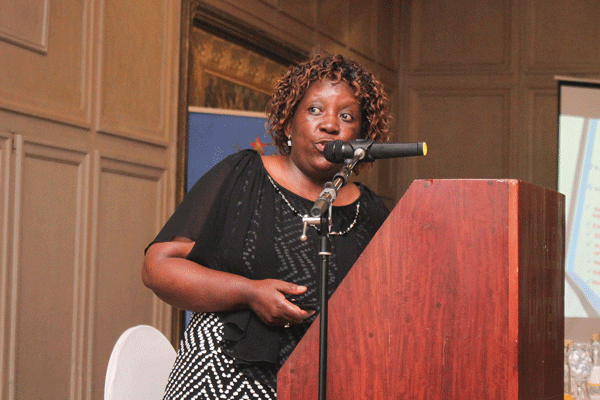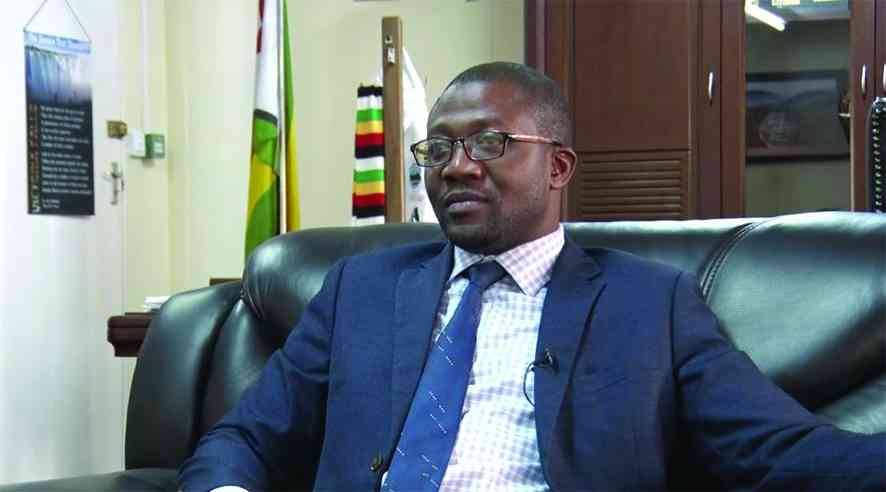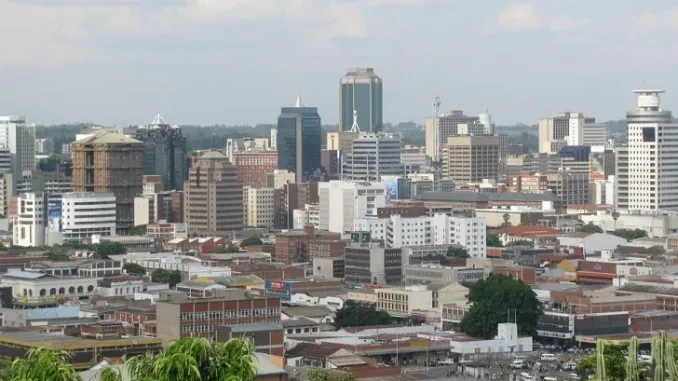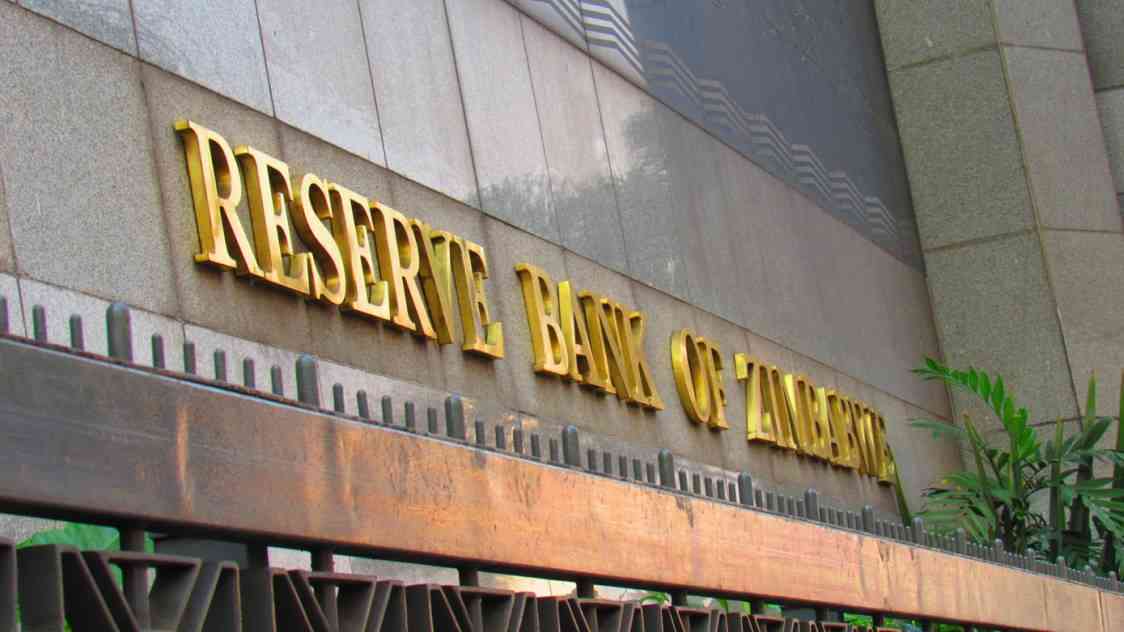
Zimbabwe’s economy is still using the same model that was there at independence characterised by low participation from the informal sector, central bank deputy governor Jesimen Chipika has said.
BY TATIRA ZWINOIRA
Speaking at the launch of the International Monetary Fund’s Regional Economic Outlook for Sub-Saharan Africa 2017 on Monday, Chipika said sub-Saharan African countries, Zimbabwe included, have not changed models of their economies.
“We are still running the economies that we inherited at independence, enclave economies, economies where a few are participating. The majority of our populations are not in the economy or they are marginalised. I would have thought that part of what is constraining growth in sub-Saharan Africa and really in Zimbabwe is really that factor,” she said.
“Going forward, we want to run inclusive economies and we are making all sorts of efforts from all angles.”
The informal sector is estimated to be generating $7 billion which is about half the revenue, generated from the economy reported by the Zimbabwe Revenue Authority (Zimra), making it about 60% of the gross domestic product.
In terms of employment, the informal sector employs about 5,7 million, compared to the formal sector’s 500 000.
Economists say formalising the informal sector would see Zimra getting more revenue, instead of from the punitive presumptive taxes they are getting from a small fraction of informal traders.
- Chamisa under fire over US$120K donation
- Mavhunga puts DeMbare into Chibuku quarterfinals
- Pension funds bet on Cabora Bassa oilfields
- Councils defy govt fire tender directive
Keep Reading
Presumptive taxes are only on persons “in receipt of rental income from an informal trader in respect of residential accommodation, premises or a place on which trade is carried on are required to recover an additional amount by way of presumptive tax equal to 10% of the rental and remit it to Zimra. This also includes local authorities”.
Economist and consultant to the Office of the President and Cabinet Ashok Chakravarti said that the informal sector necessitated a national informal sector policy.
“We need to have a national informal sector policy which has all these aspects of removing regulatory barriers, financial inclusion and it should be at the same level of an export diversification policy. That is the only way we can develop the informal sector, make it grow, make it part of the economy, contribute to the tax base eventually,” he said.
RBZ governor John Mangudya said the formalisation of the informal sector could expand the economic base and generate more revenue for the economy.











